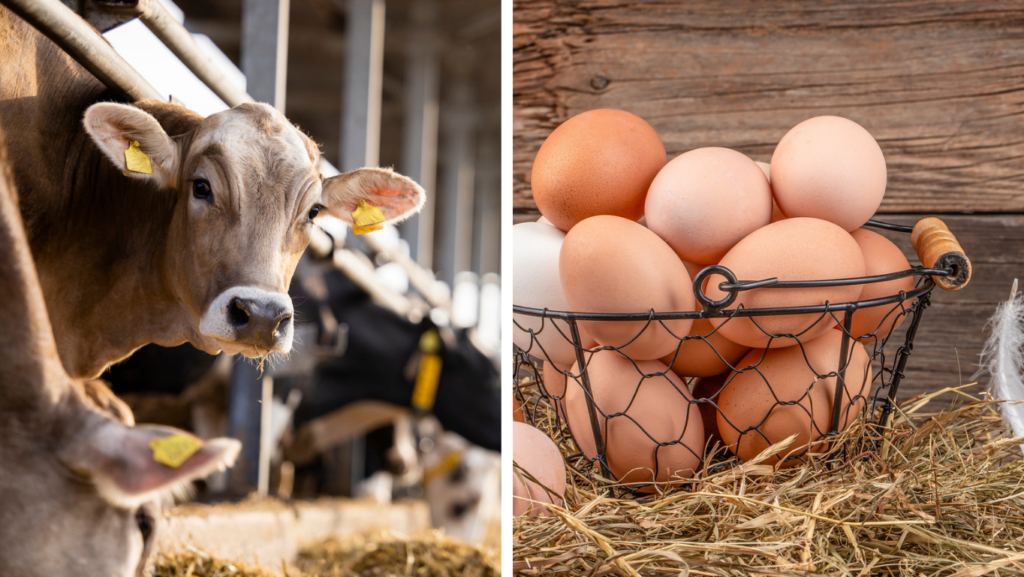
A new study offers a promising approach to creating longer-lasting dental implants while reducing biowaste.
Researchers from SUNY Polytechnic Institute, the University of Ghana, and Worcester Polytechnic Institute have developed a sustainable method to enhance the durability of titanium-based dental implants by repurposing biowaste from bovine bones and eggshells.
Published in Scientific Reports, the research focuses on improving Ti-6Al-4V alloy implants with nanostructured hydroxyapatite (HA), a bone-like material known to promote implant strength and integration with surrounding bone. Using a coating technique called pack cementation, the team created HA nanorods on the implant surface to improve both osseointegration and resistance to wear and friction.
To validate their results, the researchers used advanced testing methods including scanning electron microscopy (SEM) and X-ray diffraction (XRD). These confirmed that the eco-friendly coatings enhanced surface strength and bone bonding under simulated body conditions.
As reported by Medical Xpress, the research team includes SUNY Poly president Dr. Winston Soboyejo, postdoctoral researcher Dr. Tabiri Asumadu, and lead author Dr. Sarah Akua Osafo of the University of Ghana, who will join SUNY Poly later this summer. Their work supports the development of next-generation implants that are stronger, more biocompatible, and environmentally sustainable.
Related: Review says eggshell-derived hydroxyapatite shows promise as dental biomaterial